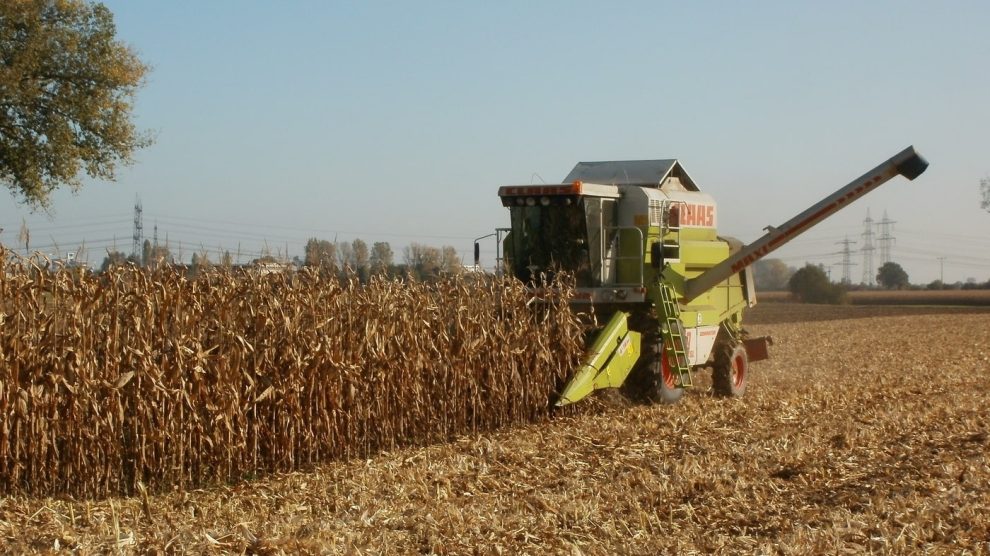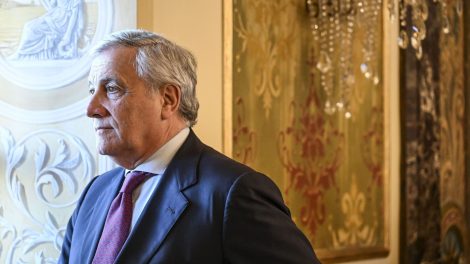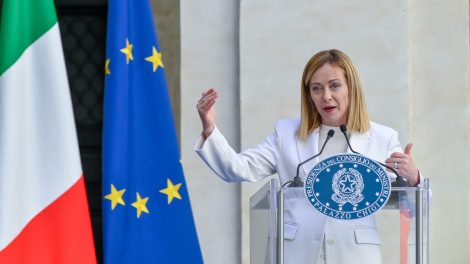Food as a geopolitical cooperation tool? That’s now in Italy’s roster of instruments, but not in the way one might think. According to Agriculture Minister Francesco Lollobrigida, Italian expertise and productive know-how is a part of what the government calls the Mattei Plan – matching energy and cooperation deals with development-centred investments, with the ultimate aim to drive mutual growth and security.
- Speaking to La Stampa, the minister called on Europe to promote the production of food and primary goods in Africa. “We must support and train these peoples, who have lived mainly on pastoralism. We must send our technicians, our farmers to implement these productions with their skills to create work and wealth.”
- That jibes with parallel cooperation drives across the enlarged Mediterranean.
What it means in practice. Mr Lollobrigida described a meeting with his Kenyan homologue who oversees exceptional products but struggles to commercialise them. Thus, “he finds himself drinking Kenyan tea sold as British tea with a significant mark-up that doesn’t trickle down to his country. We can help them.”
- Next week, he added, government representatives will head to Albania to launch a collaboration on making oil and wine with Italian machinery and techniques. That’s a blueprint for possible engagements with African partners.
The migration convergence… Beyond promoting the growth of key partners, the approach outlined by Minister Lollobrigida also pushes forward Rome’s objective to curb incoming migration waves by promoting the stabilisation in the countries of origin, thus limiting the push factors that cause millions of Africans to seek fortune elsewhere.
- The grain crisis, kickstarted by Russia limiting Ukraine’s grain exports in 2022, was a clear example of Russian hybrid war translating directly to added migratory pressure towards the EU.
- “The crux is to put Africans in a position where they are not forced to emigrate,” he stressed, noting that a pan-EU approach – which Italy is pushing for – would contribute to the cause.
… and security issues. Such efforts for stability cannot but encompass the threat posed by foreign power, namely Russia and China, encroaching on Africa via economic and even military-adjacent means.
- The Italian government has been warning of the link between imported instability and the Wagner Group, the Russian mercenary outfit (which is reportedly looking to bolster its African operations after setbacks in Ukraine).
The US is looking, too. Minister Lollobrigida remarked that Washington is also aware “that the Chinese presence in Africa must be stemmed” so as to not hand over the continent – “which is an extraordinary storehouse of raw materials and production” that must be tapped ethically. That’s also true for Russian operations, which have been in the US’ crosshairs.
- Recently, General Mark Milley (Chief of the United States Joint Chiefs of Staff) travelled to Rome and met with Italian Defence Minister Guidpo Crosetto before attending the Conference of Chiefs of Defence in Africa, along with military leaders from 43 countries.
- On that occasion, Michael E. Langley (General of the Marine Corps and Commander of Africom) touched upon Wagner’s activities in Libya, Mali and the Central African Republic, noting its “destabilising effects” in all the countries the Russian mercenaries have operated by means of “brutal” tactics, human rights violations and predatory practices.
- He also reaffirmed the United States’ holistic “3D” approach to Africa – diplomacy, development and defence –, upholding it as Washington’s solution to Russia-induced destabilisation.





